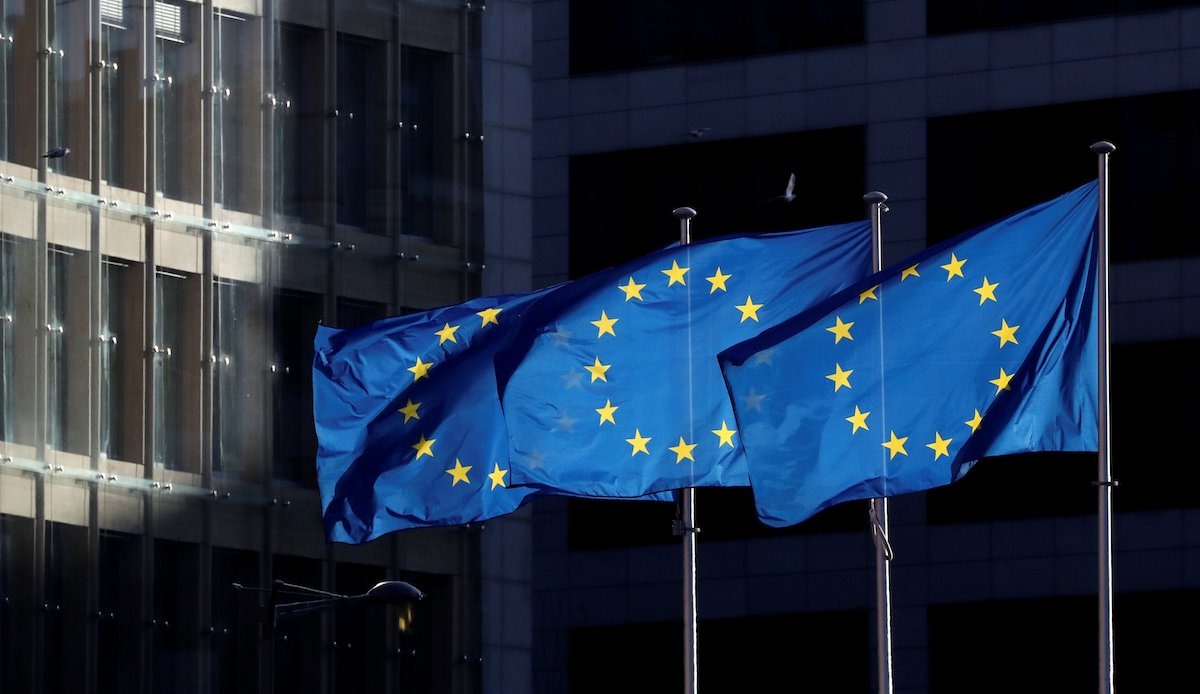The European Union is seeking new powers to police and penalize technology giants, like Apple, if their market dominance appears to threaten consumers or smaller rivals.
In recent years, the EU has stepped up efforts to curb the power of tech giants. In July, the EU announced plans to impose new tax, privacy, and online content rules.
Now, Brussels is seeking new powers to take on tech giants, including the ability to compel tech giants to break up, sell their European operations, or exclude companies from a single market altogether, The Financial Times reported on Monday.
Additionally, the EU is also mulling a rating system that could allow stakeholders and the public to assess a tech giant's behavior in areas such as tax compliance and the speed at which they take down questionable content.
EU commissioner Thierry Breton, who is spearheading the new rules, told FT that some of those powers would only be reserved for extreme circumstances. His comments follow public review of the EU's announced Digital Services Act.
"There is a feeling from end users of these platforms that they are too big to care," Breton said, adding that in some circumstances they "may also have the power to impose structural separation."
Regulators in Europe are drawing up a "blacklist" of activities that technology companies would be required to stop, as well as a "sliding scale" of penalties for non-compliance. Some of the antitrust rules include policies that prevent users from switching platforms, or systems that force users to rely on a single service.
However, Breton added that companies will retain limited liability for content posted on their platforms, adding that the rule is "something that's accepted by everyone."
Tech companies have come under scrutiny elsewhere in the world, too. The UK recently created a regulatory body that can impose fines without going through the court. In the U.S., the House Judiciary Committee is in the midst of wrapping up a yearlong antitrust investigation.
The EU commissioner said that draft legislation of the new rules would be ready by the end of 2020. Once the proposals are finished, they'll go through the European Parliament and the EU Council.
 Mike Peterson
Mike Peterson







-m.jpg)






 Amber Neely
Amber Neely
 Malcolm Owen
Malcolm Owen


 Christine McKee
Christine McKee


 William Gallagher
William Gallagher


-m.jpg)






11 Comments
Here comes the micromanagement of high tech companies. I wonder which high tech company will be the first to pull out of Europe rather than give away their competitive advantage? For example, will Google be forced to publish its search engine source code? Or will Apple be forced to open its Secure Element to other companies? Or will Facebook be required to allow its users to request and see all the information it contains on them? Some day the EU will force one of these companies out of Europe.
Extending new powers is what big bureaucracies do. The EU is the biggest these days.